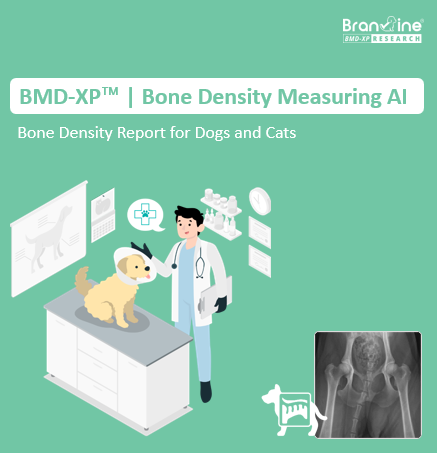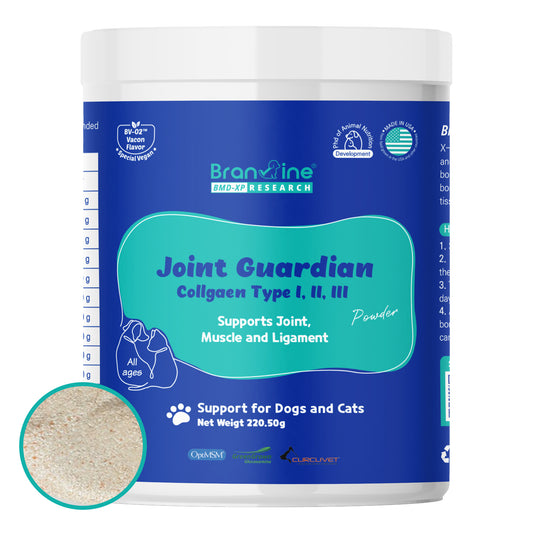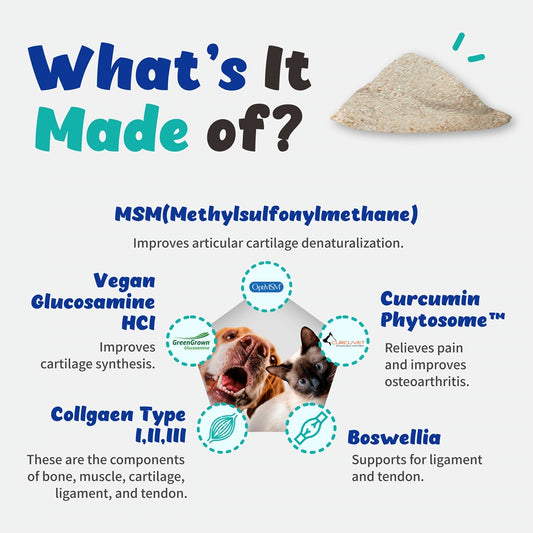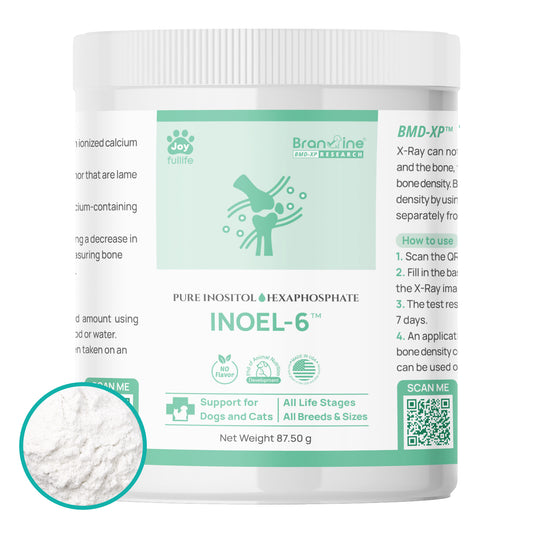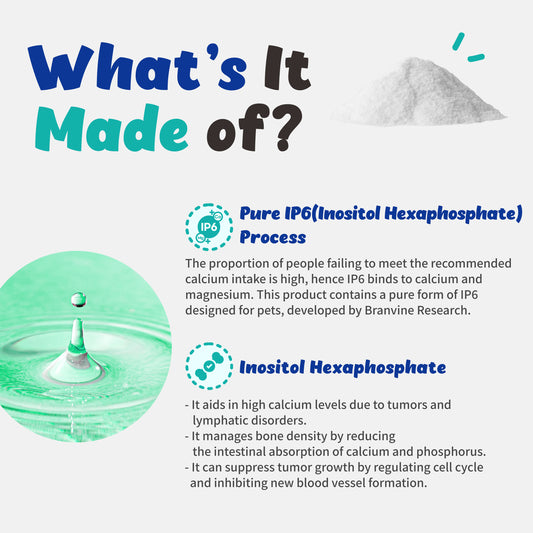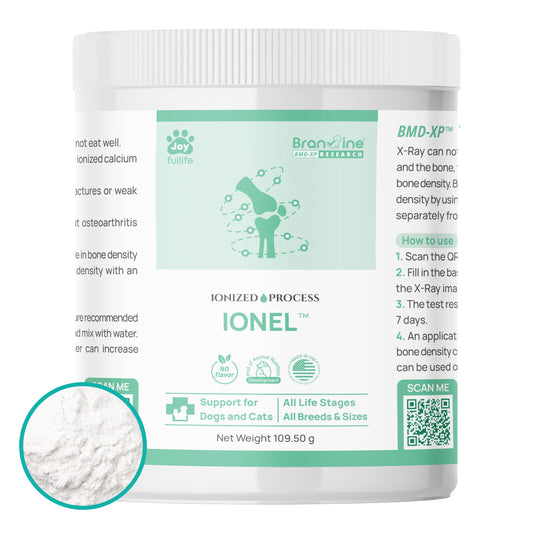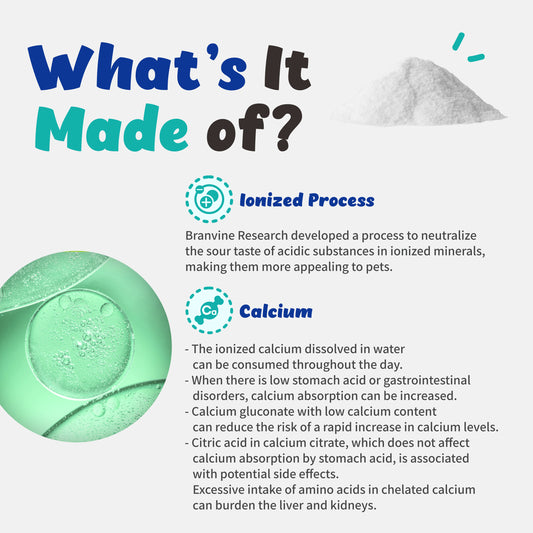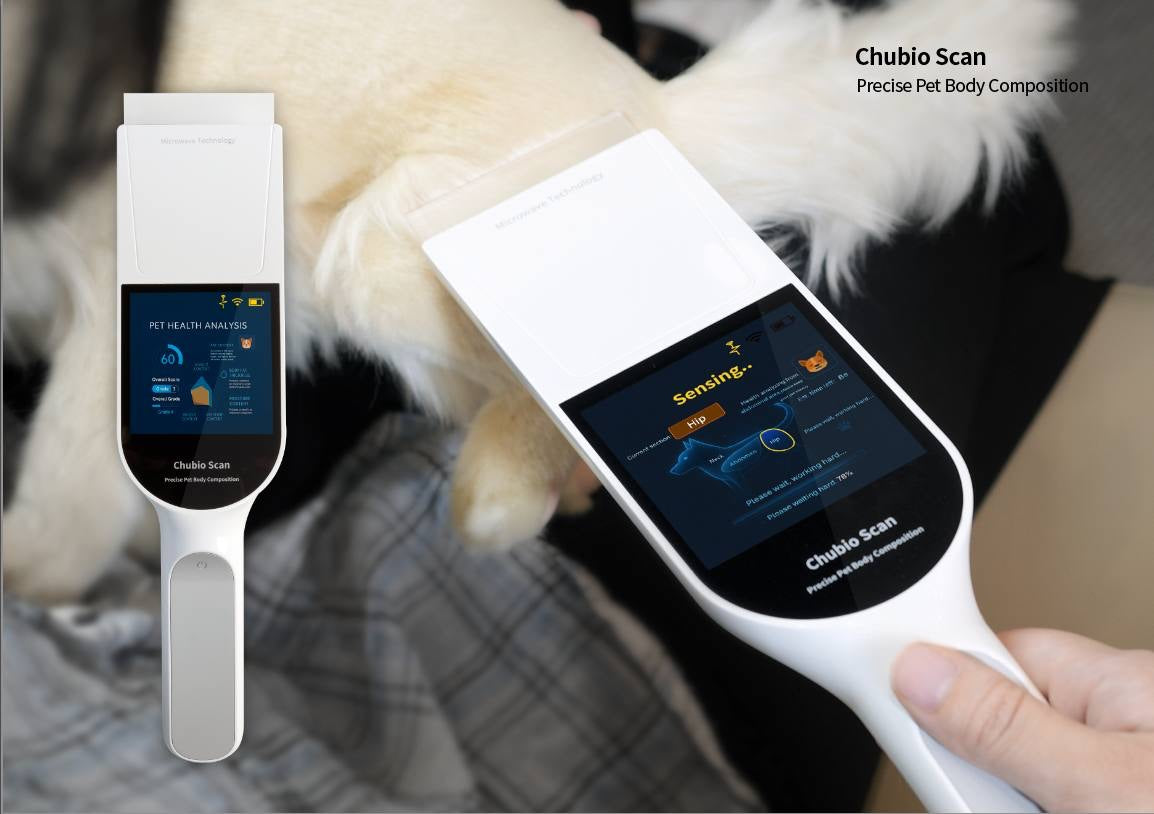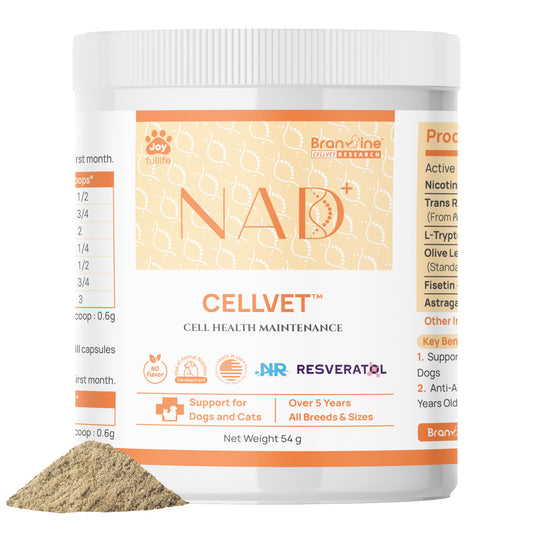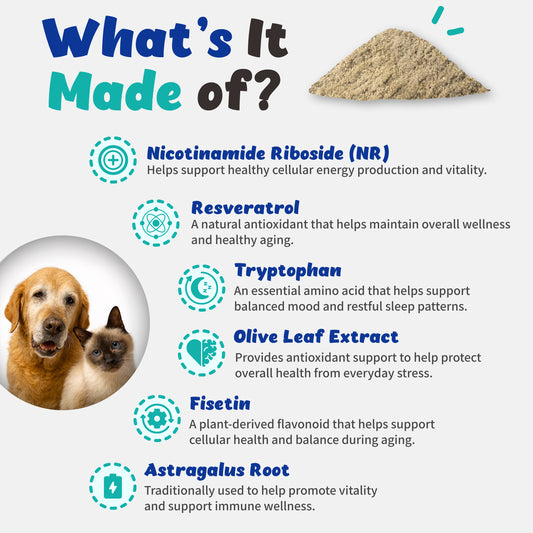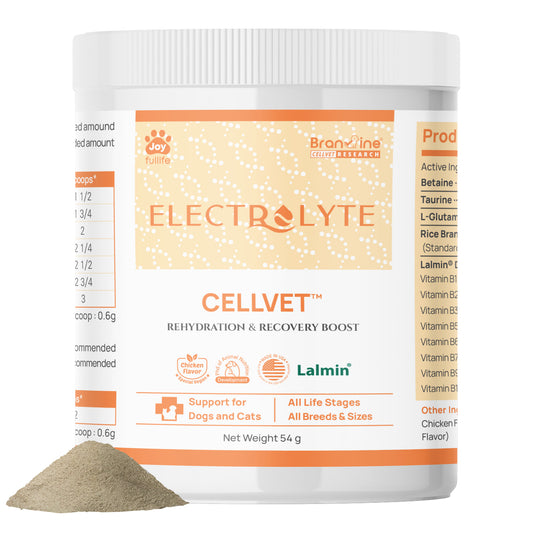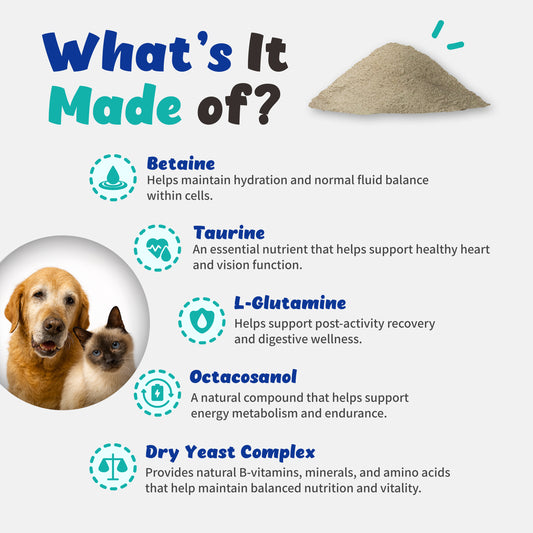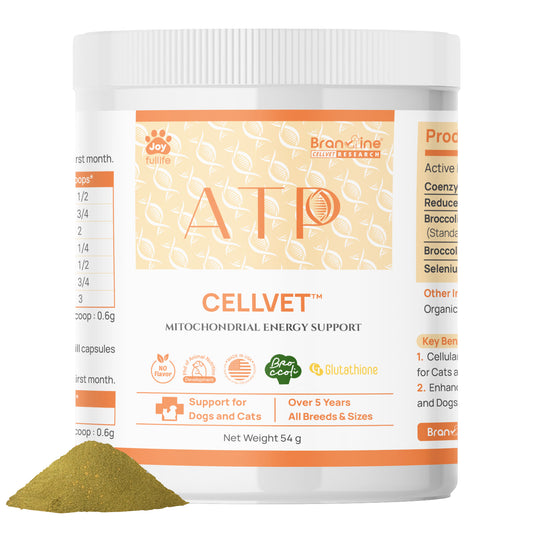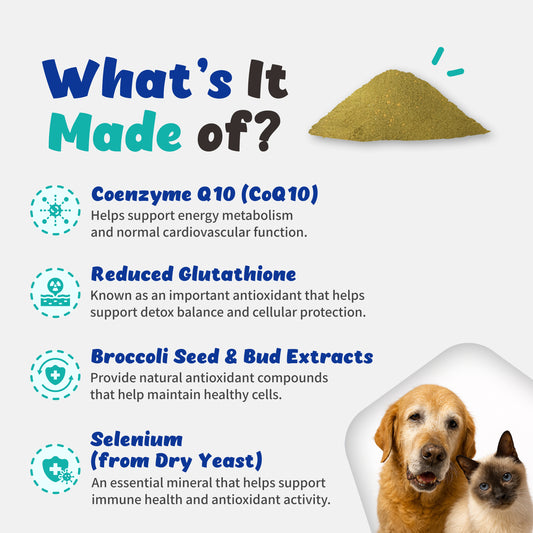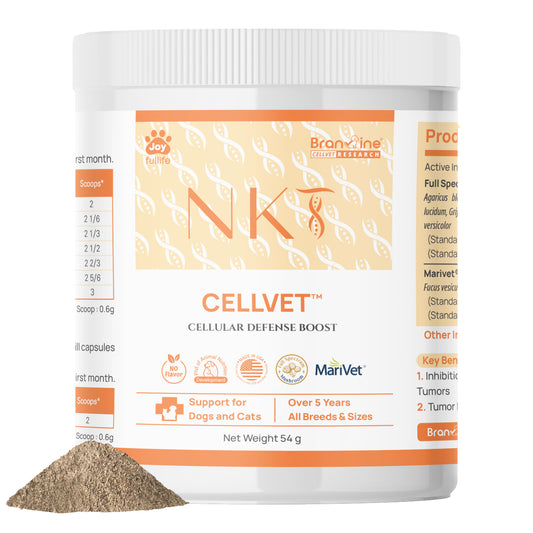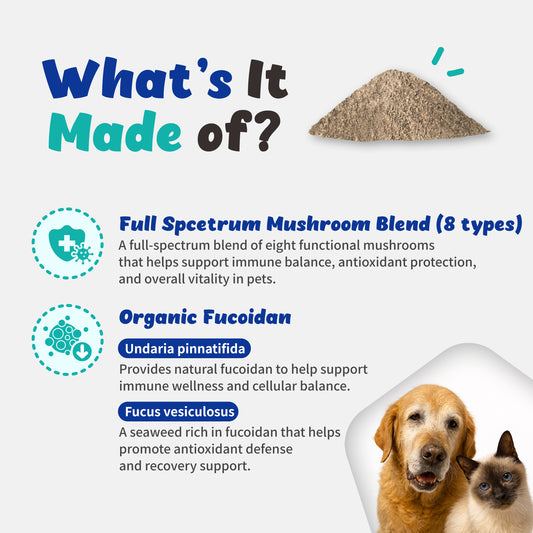Have you ever heard of probiotics that are effective for the Pets lung?
You are familiar with dog immune lactobacillus, oral lactobacillus, and vaginal lactobacillus.
There are two reasons why Branvine researchers were interested in probiotics for the pet respiratory system.
Probiotics, which are known to be effective in the intestines, do not stay in the intestines and exert their effects, but move to the lungs through the cells.
In addition, the idea that infectious components in the lungs migrate to the intestines and have adverse effects, which began a few years ago with the attention of the microbiome and the gut-lung axis theory.
Since air reaches the lungs through the airway and food has a separate route from the esophagus to the stomach and intestines, it is from the question of whether the intestines and lungs are related in the existing common sense. First of all, the first post will explain what effects the Lp-G18 strain has based on the intestinal-lung axis theory.
In the second post, I will introduce a study that fully developed the theory of intestinal obstruction itself. Then, what effect does the Lactobacillus plantarum strain with the name of Lp-G18 have on the dog's lungs?

Infectious components of the lungs do not stay in the lungs but migrate.
Viruses or bacteria in the infected lung penetrate the intestinal immune barrier through blood and lymphocytes, causing intestinal tissue damage and an excessive inflammatory response.Dogs and cats with lung disease frequently cause diarrhea and abdominal pain, so it is necessary to check if you are recognizing it as a dietary problem and changing the food, or recognizing it as a problem in the intestines and consuming lactic acid bacteria.

The LP-G18 strain doesn't just stay in the gut.
Second, Lp-G18 is taken up by M cells and induces activation of T cells and B cells. Simply put, Lp-G18 absorbed from the intestine activates immune lymphoid cells to exert its effects in the lungs of dogs and cats.
M cells exist on the surface mucous membrane of the intestine, and they move lactic acid bacteria through the lymphatic vessels underneath and activate T cells and B cells to strengthen immunity against lung infections and protect the lungs. We will talk about T cells and B cells in detail while dealing with lymphocytes in dogs and cats.
Therefore, it tells you how to approach when we care for pet's respiratory health. It is the basis that not only care for the respiratory system through airway, but intestinal care can be more effective.
Hospital medicine and nutritional supplements do not work if it has bad respiratory system.
If gut health is not good, then lactobacillus is not working.
If these two cases apply to you, the intestinal-lung axis theory is the answer.
Click here to see Branvine Lung supplement for Dog
Click here to see Branvine Lung supplement for Cat

